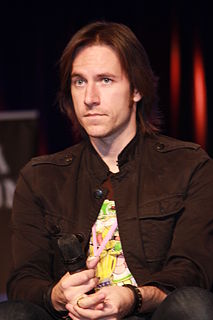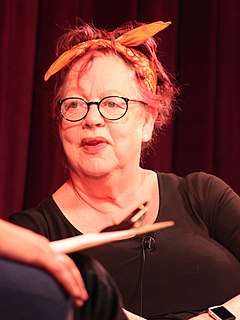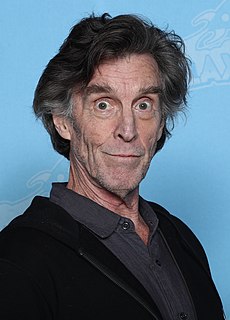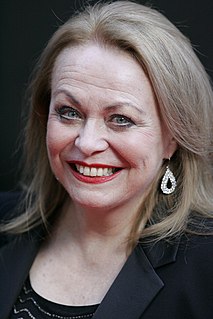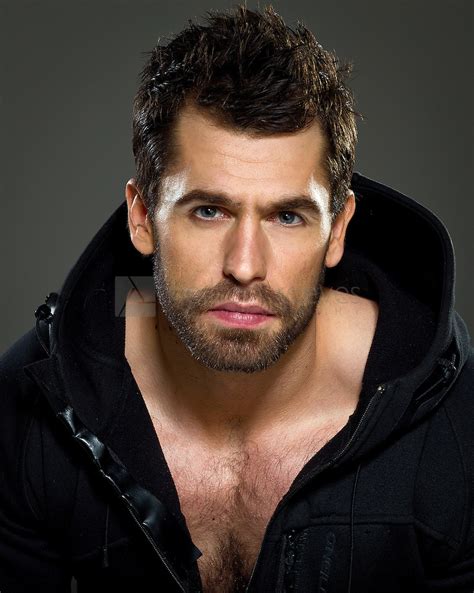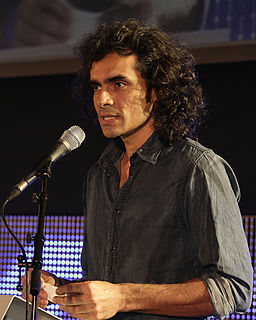A Quote by Matthew Mercer
A lot of games and voiceover projects, they're not giving the actor a lot of context. The actor, no matter how good they are, might not be able to deliver a performance that fits the action.
Related Quotes
The director is the most important because, ultimately, as an actor, when you watch a movie, it looks like an actor is giving a performance, and they kind of are. But, what's actually happening is that an actor has given a bunch of ingredients over to a director, who then constructs a performance. That's movie-making.
The truth is, an actor's performance is the result of work by a lot more people than just the actor. When you see that character portrayed up on screen, there is the work certainly of the actor, but there's the work of the editor, there's the work of what the camera was doing. What the music was doing, all of the above.
I don't want to take shots at professional actors, because obviously the great ones are great. But I do think that given the kind of stories I've been telling in my films, it's hard for me to imagine how professional actors would have done better. And it's easy for me to imagine how they would have done worse. Because I think a lot of what an actor is trained to do and a lot of what an actor's instincts point toward is clarification, is always making it clear what's happening in the story, how the character fits into the scene, what the character wants.
You can actually improvise a lot as a voice actor. It's not that entirely different than shooting a live action movie; the characters mouths are quite easy to manipulate once all the information is built into the computer. So you can improvise a lot and it doesn't matter really how far along they are in the process they can really just make the character say something different.
I think directors can be a little insensitive to how vulnerable an actor is, when he's giving a performance. Part of the job of an actor is to invite scrutiny, but with that, the people around them have to nurture that and put them in an environment where they feel safe and they feel like they can risk something.
I haven't always wanted to be an actor, no. I wasn't one of the little kids that was desperate to be an actor. I did a lot of drama and a lot of music, but it was just something for fun on the side. I was quite shy as a kid and I found a lot of freedom in performing. I never knew you could do it as a job.
